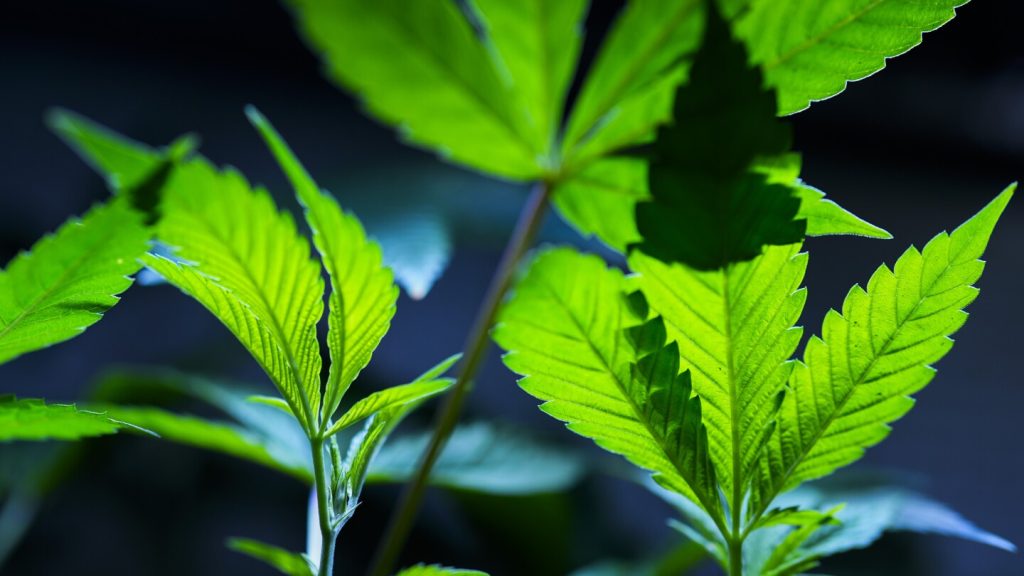The Justice Department has formally moved to reclassify marijuana as a less dangerous drug, acknowledging its medical uses and lower potential for abuse than some other dangerous drugs. This proposed rule, approved by Attorney General Merrick Garland, does not legalize marijuana for recreational use but would move it from Schedule I to Schedule III, alongside substances like ketamine and anabolic steroids. The move comes after a recommendation from the Health and Human Services Department and is part of President Joe Biden’s efforts to reverse longstanding inequities related to marijuana.
Biden has also pardoned thousands of people convicted of simple possession of marijuana and has called on governors and local leaders to do the same. This announcement could be a significant move for Biden to gain support, particularly among younger voters. The process includes a 60-day comment period followed by a possible review from an administrative judge, which could be a lengthy process. Lawmakers from both major political parties have been advocating for DEA decision on marijuana, as it has become increasingly decriminalized and accepted, especially by younger individuals.
Democratic Senate Majority Leader Sen. Chuck Schumer has supported the change and called for further steps towards legalization. The U.S. Cannabis Council welcomed the switch, saying it signifies a move away from failed policies of the past. The Justice Department noted that available data shows that while marijuana is associated with abuse, it is more aligned with other Schedule III substances. However, some critics argue that rescheduling may not be necessary and could have harmful side effects. The DEA has not yet formed its own determination on where marijuana should be scheduled and expects to gather more information during the rulemaking process.
While the immediate impact on the criminal justice system is expected to be minimal, easing federal regulations on marijuana could benefit the industry by reducing tax burdens and making research easier. Federal drug policy has lagged behind many states, with a majority already legalizing medical marijuana and some even legalizing recreational use. This shift in policy could have implications for the fast-growing marijuana market, estimated to be worth nearly $30 billion. With the potential reclassification of marijuana, the industry could see significant changes in how it operates and how research is conducted on the substance.
Overall, this move by the Justice Department to reclassify marijuana to a less dangerous drug is a significant shift in U.S. drug policy. It marks a step towards addressing longstanding inequities and providing more opportunities for research and development in the marijuana industry. While there are critics who question the necessity of this change, supporters argue that it is a positive step forward in addressing outdated policies and aligning federal regulations with the evolving landscape of marijuana legalization. The next steps in this process involve a public comment period and further review, signaling a potential shift towards a more progressive approach to marijuana regulation in the United States.


